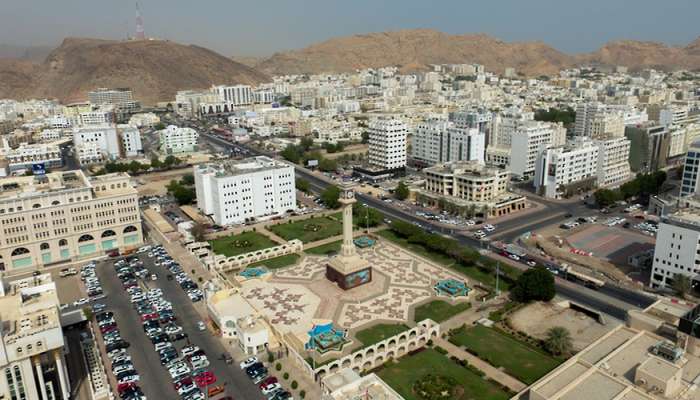
Muscat: The Sultanate of Oman welcomed the International Monetary Fund 2024 Article IV Consultation Report that was approved by the IMF Executive Board.
The report was issued following a series of meetings between IMF experts and over 20 government and private entities as part of the annual periodic consultations under Article IV of the IMF Articles of Agreement. Entities that took part in these meetings are, among others, the Central Bank of Oman, Ministry of Finance, Ministry of Economy, Ministry of Labour, Oman Investment Authority and Oman Tax Authority.
In terms of domestic economy performance, the report indicated the continued growth rate of economic activity in the Sultanate of Oman, as the real GDP rate in the first half of 2024 recorded a growth of 1.9% compared to the growth achieved in 2023, which amounted to 1.2%.
The recorded growth is attributed to the continuous improvement in the activities of the non-oil sector, as it witnessed a growth of 1.8% in 2023 and 3.8% in the first half of 2024, which was achieved as a result of performance improvement of the industrial and manufacturing sectors and the quality of performance of the services sector.
While the growth of hydrocarbon activities declined due to the voluntary production cuts by oil exporting countries under the Opec+ agreements. In the medium term, the report indicated that non-hydrocarbon activities are expected to continue to drive overall economic growth, as a result of the execution of large projects by the private sector.
In terms of domestic prices levels, the report highlights the Sultanate of Oman’s success in containing inflation, as data confirmed that inflation declined to 0.6% during the period January-October 2024, compared to 1.0% in 2023, owing to the continued decline in transport prices and the moderation of inflation in food prices.
Regarding the internal and external balances, the IMF’s report commended the prudent fiscal management of the Sultanate of Oman, which succeeded in achieving surpluses in both public finance balance and current account balance of the balance of payments. Additionally, strong growth in exports of non-hydrocarbon goods and services and high oil prices contributed to achieving these surpluses. The report also indicated the continued decline in the level of public debt to reach 35% in 2024, which increased the level of credibility of the policies and programs adopted by the government of the Sultanate of Oman. This was reflected positively as the sovereign credit rating of the Sultanate of Oman was recently upgraded to investment grade.
In addition, the report praised the resilience of the banking sector, which reflected through the recovery of the profitability of banks operating in the Sultanate of Oman to pre-pandemic levels, the availability of capital and liquidity buffers, and the maintenance of high asset quality. The report commended the positive shift in banks’ net foreign assets by the end of 2023, for the first time since 2014.
The report stressed the importance of maintaining the pace of reform implementation in the Sultanate of Oman and the efforts of economic diversification. It has also highlighted a number of risks that could affect the economic outlook, including rising geopolitical tensions and lower oil prices as a result of the global economic downturn, particularly in China, which could negatively impact trade, tourism, and foreign direct investment.